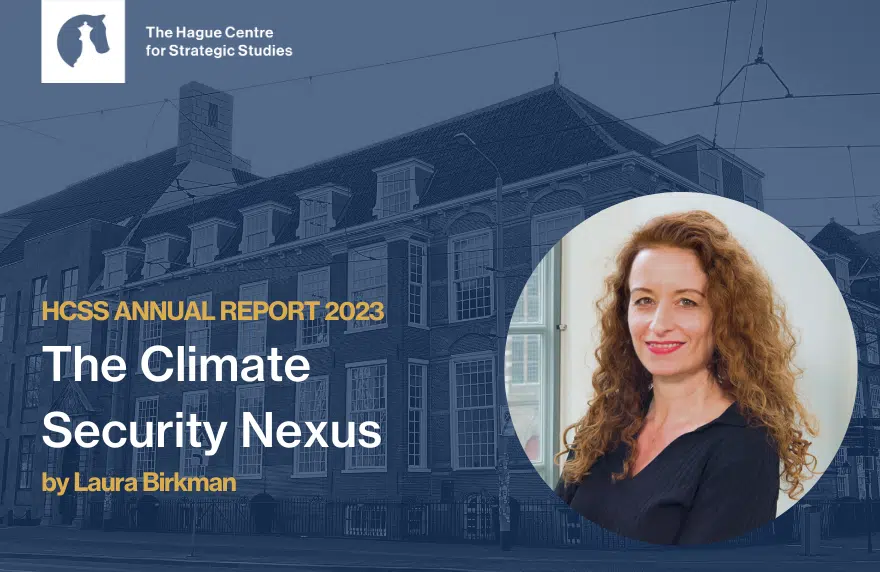Twenty-first century politics is moving fast. The international distribution of power has drastically shifted since the unipolar moment at the turn of the century. The Russian invasion of Ukraine highlights the return of brazen interstate war to current geopolitics. Russia’s return to the global stage has renewed old alliances and ambitions in Europe, underlining the EU’s desires to become a more geopolitical actor, but also the distance it still needs to travel.
However, while the news cycle in 2022 and 2023 was justly dominated by the war in Ukraine and Russian revanchism, the Indo-Pacific region continues to be the primary site of competition and contestation over the hegemonic order the United States established. China has emerged as a challenger to both the US-led order and the US hegemony that underwrites, across an array of military, diplomatic, economic, and legal dimensions. The access to high-end technologies with both commercial and military applications is in the foreground of that competition now, with the US seeking to limit China’s access to specifically the semiconductors needed for artificial intelligence and miniaturization. European high-tech companies are caught in the middle.
Geopolitical competition and economic access meet elsewhere as well. The access to the global maritime commons, with the transport routes that connect European economies to those in Asia is more and more insecure and therefore a key economic concern of Europe. The missile attacks by the Houthis on trade vessels passing through the Red Sea underlines the fragility of these routes. The increased militarization of the Indo-Pacific, specifically in East Asia, further endangers that access and undermines the multilateral order upon which small and middle powers in Europe and Asia depend. Europeans therefore need to look for engagement with small and middle powers in the Indo-Pacific, to strengthen the existing maritime order and dampen the risks of escalation between the US and China. Sino-European relations, unlike European-Russian relations, have not yet led to open confrontation, but are similarly characterised by a downward trajectory over the course of the past decade; a combination of firmness and engagement is need, while this in turn requires greater European capability to assess, decide, and act.
Global supply chains running through the Indo-Pacific can be weaponized due to rising tensions between industrialized blocs, similar to how Russia has weaponized its supply of natural gas to Europe. Our research shows that the semiconductor and CRM ecosystem is a fragile balance: whereas the semiconductor value chain is dominated by technologically advanced democracies allied to the US, supply chains of CRM currently used for the production of semiconductors are dominated by rival states, namely China and Russia, and non-rival states, such as the DRC.
All in all, as the speed of developments and their interactions increases, the world needs to prepare for long-term structural changes in the distribution of power in the international system and deep uncertainty in the domestic politics on both sides of the Atlantic. Europe and the Netherlands must be more proactive and take on greater responsibility, given the close connectedness between the Atlantic and the Indo-Pacific theatres. With our research programmes Europe in the Indo-Pacific and the Future of Transatlantic Relations, HCSS examines the return of great power competition.
Paul van Hooft, Senior Strategic Analyst







